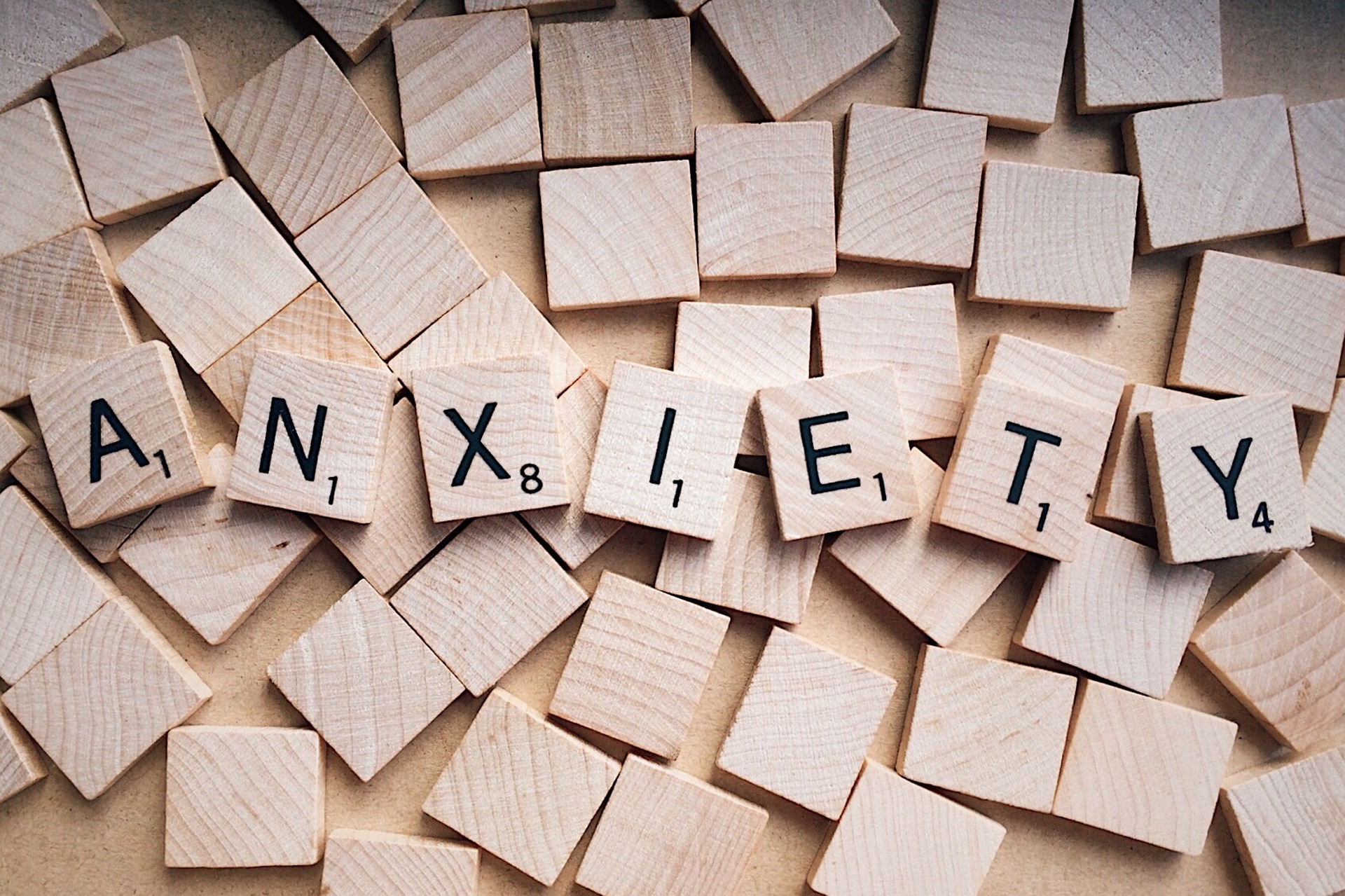
12 Sep Surviving Stress & Management
Surviving Stress & Management
What are the effects of stress in everyday life, besides keeping you alert and on your toes?
The answer is headaches, stomach aches, colds, and flu due to a lower immune system. It can also lead to the onset of high blood pressure, rapid pulse with chest pain, and even Diabetes and emotional disorders.
Scientists have also found that sitting all day at your work desk, is actually worse for you than smoking and also discovered that people who sit all day at work, have a higher level of cholesterol, blood sugar, and triglycerides and are more likely to be overweight.
Stress is a part of life with all that is happening in today’s culture but the good news is that there are simple and easy ways to reduce stress without having a meltdown.
> Get Up From Your Chair And Take A Walk!
When counseling students, I made it a point to walk the campus rather than email or pick up the phone if I had to speak with a department chair or the dean about a student issue.
If you are unable to get up for a long period of time, at least take a few minutes to meditate at your desk, especially if your job requires you to be on the phone all day,
There are different types of meditation techniques. The popular ones are “Mantra” and “Mindfulness.”
In the Mantra type of meditation, a person silently repeats a calming word or even a phrase. The second type of meditation is based on the individual having an increased awareness of living in the present moment. You are broadening your conscious awareness as different thoughts may cross your mind.
With eyes closed, you can observe each thought as they pass by without making any value judgments about them. Just let them pass without emotion. You can also do this at your desk by letting your arm drop to your side. If you breathe deeply, you will also feel a tingling sensation in your fingertips as the blood flows downward.
> Give Yourself A Head Start Each Day
A good friend, whose father was a neurosurgeon, once told me that doctors have stated it to be a proven medical fact, that we all begin our day with 100 biological energy units.
He further said a person could immediately lose 25 of those energy units on the way to work if they happened to be cut off by another careless driver and got emotionally upset over the incident.
This has happened to everyone at one time or another, so the lesson was to just “let it go” and try not to get upset, as it could ruin your entire day at work.
I found it a good idea to set my watch 20 minutes ahead. I would rather be at work early, enjoy a cup of coffee, relaxed and totally organized to start my day, rather than come in late due to a traffic jam and then find a client already waiting in the lobby, growing impatient and looking at the clock.
That would be enough to burn 25 energy units immediately!
Another good habit, at the beginning of each work day, is to take care of your hardest tasks first.
Phone calls, staff meetings, and unexpected walk-ins all take time and need our immediate attention. You don’t want to leave too many things to do in the morning, as new issues always come up each day. By making a list, in order of their importance, you can check each item off before leaving at the end of the day.
It takes both work and discipline to stay focused on your job. But there is a difference between “working hard” and “working smart.”
We know that stress is a constant, but that doesn’t mean that there aren’t ways to manage it. You certainly have to be healthy to survive in today’s world so if anyone tells you to “take a hike,” consider it to be good advice.
* Excerpts From The Book “Surviving The Corporate Culture”
Robert Michael Lehmann
By wisdom a house is built, and through understanding it is established; through knowledge its rooms are filled with rare and beautiful treasures. Proverbs 24:3

